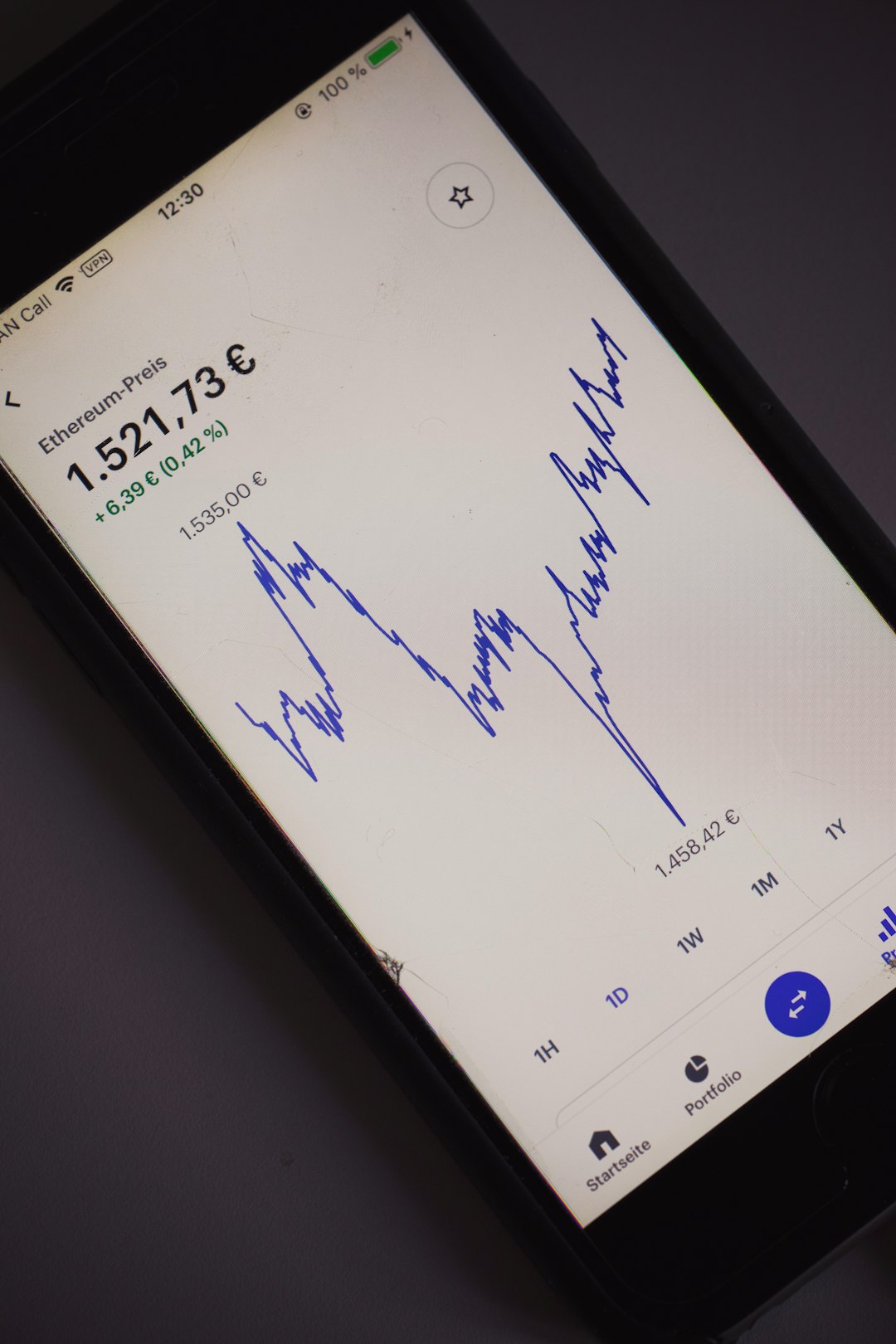
Recently, an executive from Eliem Therapeutics, a clinical-stage biotechnology company, sold over $9,000 worth of company stock, according to regulatory filings. Although the sum may seem modest, such insider transactions often catch the attention of investors, as they can provide potential insights into the company’s internal sentiment and financial health.
What Does This Sale Mean for Investors?
Insider stock transactions are typically scrutinized by the investment community as a gauge of confidence or concern from those closely tied to the company’s operations. However, it’s important not to jump to conclusions, as insider sales can occur for various reasons unrelated to the company’s performance, including personal financial needs or portfolio diversification.
In Eliem Therapeutics’ case, the sale could be part of a routine insider selling plan or for personal reasons, but investors might want to monitor further insider activities to identify any potential trends.
Eliem Therapeutics’ Financial and Market Outlook
Eliem Therapeutics is focused on developing therapies for neurological diseases and chronic pain, areas that offer significant market opportunities due to unmet medical needs. However, as with many biotech companies, Eliem’s financials are heavily influenced by the progress of its drug pipeline and clinical trials.
Investors can track the company’s financial performance using tools like Full Financials and analyze key metrics through APIs such as Ratios (TTM) to gain insights into its profitability, liquidity, and financial health.
Stock Performance and Market Sentiment
Given Eliem’s status as a clinical-stage biotech firm, its stock price is likely to be volatile, driven by the progress of its clinical trials, regulatory news, and broader market conditions in the biotech sector. Investors should also consider macroeconomic factors, such as the overall market’s appetite for risk, which tends to fluctuate in uncertain economic environments.
For a deeper understanding of how insider transactions may influence stock prices, external resources like Seeking Alpha provide detailed analysis and updates on stock market trends and insider activities.
Conclusion
While the recent sale of over $9,000 in company stock by an Eliem Therapeutics executive might raise questions, it’s essential for investors to contextualize this action within the broader landscape of the company’s financial health and ongoing projects. By staying informed through internal and external resources, investors can make more educated decisions regarding their positions in Eliem Therapeutics.

